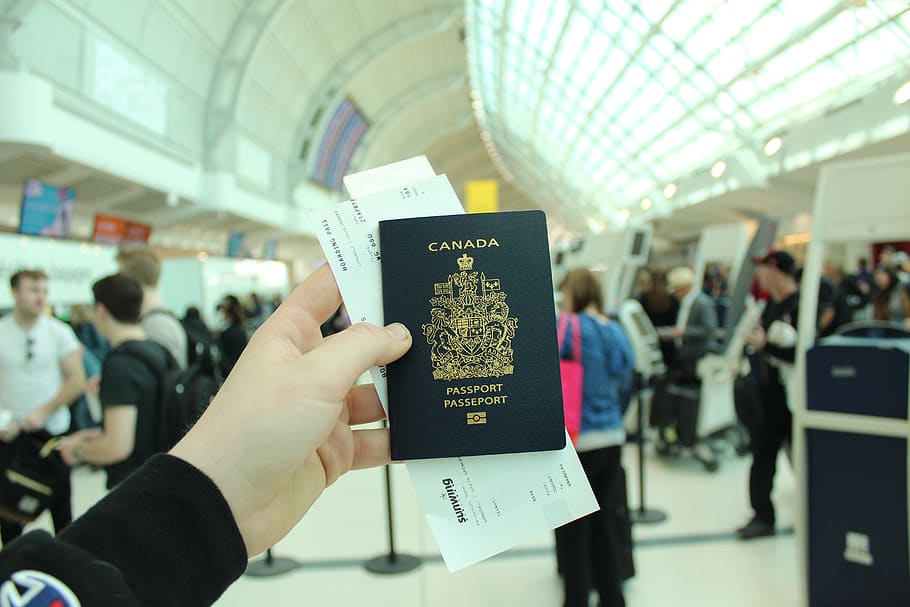
Protecting International Students: Charges Laid in Scam that Impacted 700 Indian Students
Introduction
In a shocking case that rocked the international student community in Canada, the Canadian Border Services Agency (CBSA) has laid charges against Brijesh Mishra for his involvement in defrauding 700 international students from India. This elaborate scam left many innocent students in dire straits, jeopardizing their dreams of studying and building a future in Canada. In this blog post, we delve into the details of the scam, the actions taken by the authorities, and how international students can safeguard themselves from falling victim to such frauds.
The Charges
Brijesh Mishra faces multiple charges under the Immigration and Refugee Protection Act (IRPA), including Unauthorized Representation or Advice for Consideration, Counselling Misrepresentation, Misrepresentation (Direct or Indirect Misrepresentation), Misrepresentation (Communicating False Information), and Non-Compliance with the Act. These charges stem from the discovery that 700 students from India were issued false letters of admission from Canadian educational institutions.
The Modus Operandi
The students had sought study visas through Education Migration Services, a consultancy firm based in Jalandhar, India, and headed by Brijesh Mishra. The firm charged the unsuspecting students exorbitant fees for college admission and visa applications. The scam was only unveiled when these students, who had already completed their studies and gained Canadian work experience, applied for permanent residence in Canada. This revelation sent shockwaves through the Canadian immigration system.
The Aftermath
After the charges were laid, Mishra was apprehended in Surrey, British Columbia, where he had been living illegally since having his visa revoked in 2019 for “ghost consulting.” Authorities also arrested two co-directors of the company, who were denied bail in India.
A Task Force for Justice
In response to this egregious scam, Immigration Minister Sean Fraser announced the establishment of a special task force to investigate each affected student’s case. Each student will be given the opportunity to demonstrate their knowledge, or lack thereof, about the fraudulent letters. Those found to be unknowingly involved will not be deported but instead will be issued a temporary resident permit, allowing them to remain in Canada.
Combating Fraud in the Future
To prevent such fraudulent activities from recurring, Immigration, Refugees and Citizenship Canada (IRCC) will collaborate with Designated Learning Institutions (DLIs), provinces and territories, and organizations representing Canadian colleges and universities abroad. The aim is to enhance fraud detection measures and provide better protection for international students.
Protecting International Students
International students are often targets of fraud by unscrupulous individuals taking advantage of their vulnerable position. “Ghost consultants” and other fraudulent schemes prey on their dreams and aspirations, leaving them emotionally and financially devastated. Aspiring students can protect themselves by being cautious about whom they share personal information with and never responding to unsolicited or suspicious communications asking for money or financial information. If something seems too good to be true, it probably is a scam, and verification is vital before engaging with immigration consultants, employers, or landlords.
Conclusion
The case of the 700 Indian students impacted by the scam underscores the importance of vigilance and caution when navigating the immigration process. The charges laid against the perpetrator are a step towards justice, and the establishment of a task force aims to provide fair evaluations for affected students. By being informed and cautious, international students can protect themselves from falling prey to such fraudulent schemes and pursue their Canadian dreams with confidence and security.
- Canada’s Bill C-12 Update for 2026: What Immigrants, Workers and Employers Need to Know
- Six High-Paying Non-Healthcare Jobs That Can Fast-Track Canada Permanent Residence in 2026
- Ontario Announces Higher Nomination Allocation for 2026: What It Means for Immigration
- Canada Express Entry Draw Predictions for February 2026: CRS Scores Expected to Drop, Bigger Draws Likely
- Alberta Reveals 2026 Immigration Priorities and Nomination Strategy

